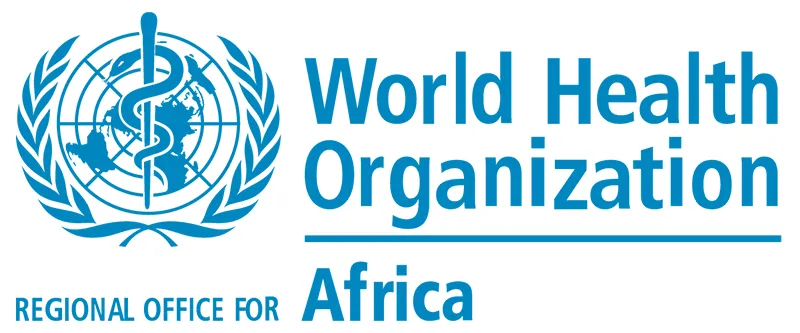
Want to Live Vibrantly at 70? Discover the Diet That Could Change Everything!
2025-03-27
Author: William
How Was This Groundbreaking Study Conducted?
The foundation of the study rested on data gathered from two extensive, long-term studies: the Nurses’ Health Study (NHS) and the Health Professionals Follow-Up Study (HPFS). A significant cohort of 105,015 participants, roughly two-thirds of whom were women, contributed to the research, which spanned approximately 30 years of follow-up.
Researchers meticulously collected demographic details, including age, BMI, physical activity levels, smoking habits, family health history, socioeconomic status, and overall medical background. Food frequency questionnaires were also analyzed to understand participants' dietary intake.
The study examined how long-term adherence to the following eight dietary patterns influenced healthy aging: - Alternative Healthy Eating Index (AHEI) - Alternative Mediterranean Index (aMED) - Dietary Approaches to Stop Hypertension (DASH) - MIND Diet - Healthful Plant-Based Diet (hPDI) - Planetary Health Diet Index (PHDI) - Empirically Inflammatory Dietary Pattern (EDIP) - Empirical Dietary Index for Hyperinsulinemia (EDIH) Additionally, the study investigated how the consumption of individual foods and nutrients, particularly ultra-processed products, impacted healthy aging outcomes.
What Were the Key Findings?
Out of the entire study population, only 9,771 participants (approximately 9.3%) exhibited a pattern of healthy aging. Results indicated that greater adherence to any of the examined nutritional frameworks correlated with improved odds of aging healthily by age 70, spanning across cognitive, physical, and mental health domains.
However, the AHEI stood out with compelling associations. Individuals who scored highest on the AHEI displayed an astonishing 86% higher probability of aging healthily by 70. Moreover, they were over twice as likely to remain in good health by 75 when compared to those in the lowest scoring bracket.
The AHEI emphasizes the consumption of fruits, vegetables, whole grains, nuts, legumes, and healthy fats—like omega-3s and polyunsaturated fats—while minimizing red and processed meats, sugary beverages, and refined grains. This balanced and diverse diet is often more sustainable and enjoyable for many individuals.
In contrast, an elevated intake of ultra-processed foods—particularly processed meats and sugary, artificially sweetened drinks—was associated with a decreased likelihood of achieving healthy aging.
Practical Applications: Making Changes
The study’s findings strongly suggest that a variety of eating patterns can cultivate healthy aging, implying that nutritional choices can be personalized to fit individual lifestyles. Marta Guasch-Ferré, Ph.D., one of the principal researchers, remarked, “Our findings indicate that dietary patterns rich in plant-based foods, with moderate inclusion of healthy animal-based foods, may significantly enhance healthy aging and inform future dietary guidelines.”
Adapting your diet might feel overwhelming initially. However, starting with small, manageable changes can yield significant results. Opt for incorporating one item, such as healthy fats from avocados or a serving of fruit, into your daily meals. Gradually add more nutritious foods as you grow accustomed to these changes.
For those eager to embark on a comprehensive dietary transformation, numerous resources are available, including meal plans carefully crafted by nutrition experts. Dive into our 30-Day Mediterranean Diet Meal Plan or, if you favor high-protein options, our 30-Day High-Protein Meal Plan for Healthy Aging.
The Bottom Line
This study reinforces that various healthy eating patterns can bolster your chances of aging gracefully, enabling you to maintain independence and quality of life. Whether you lean towards a completely plant-based diet or prefer a balanced approach that includes moderate animal-based foods, the key lies in reducing ultra-processed indulgences. By taking charge of your diet, you're not just eating—you’re investing in a healthier future!









 Brasil (PT)
Brasil (PT)
 Canada (EN)
Canada (EN)
 Chile (ES)
Chile (ES)
 Česko (CS)
Česko (CS)
 대한민국 (KO)
대한민국 (KO)
 España (ES)
España (ES)
 France (FR)
France (FR)
 Hong Kong (EN)
Hong Kong (EN)
 Italia (IT)
Italia (IT)
 日本 (JA)
日本 (JA)
 Magyarország (HU)
Magyarország (HU)
 Norge (NO)
Norge (NO)
 Polska (PL)
Polska (PL)
 Schweiz (DE)
Schweiz (DE)
 Singapore (EN)
Singapore (EN)
 Sverige (SV)
Sverige (SV)
 Suomi (FI)
Suomi (FI)
 Türkiye (TR)
Türkiye (TR)
 الإمارات العربية المتحدة (AR)
الإمارات العربية المتحدة (AR)